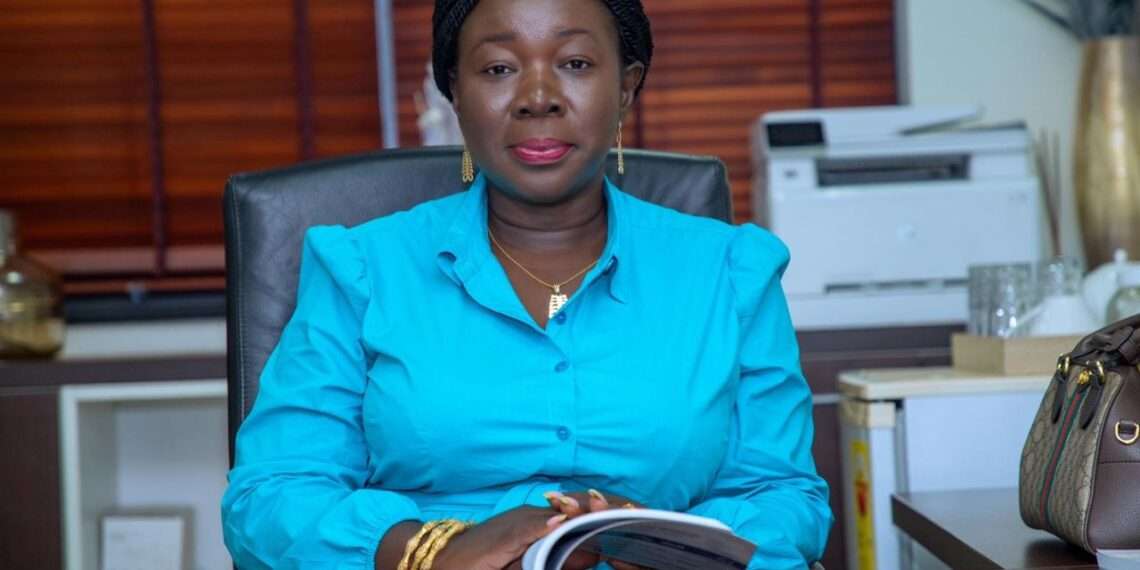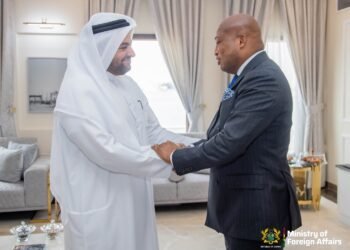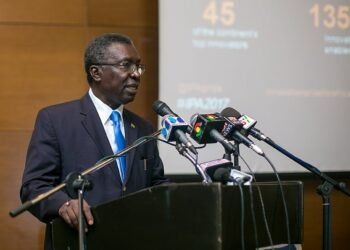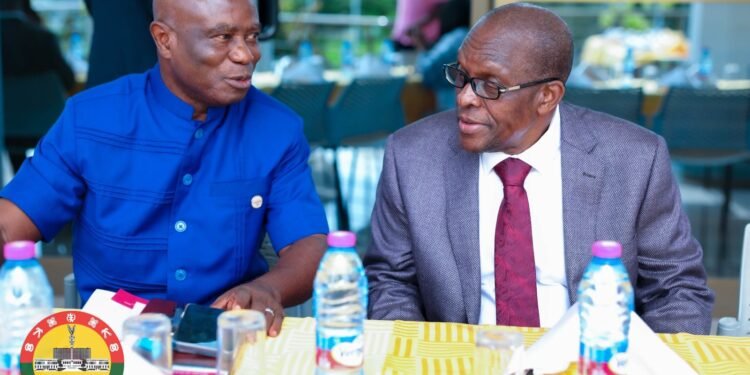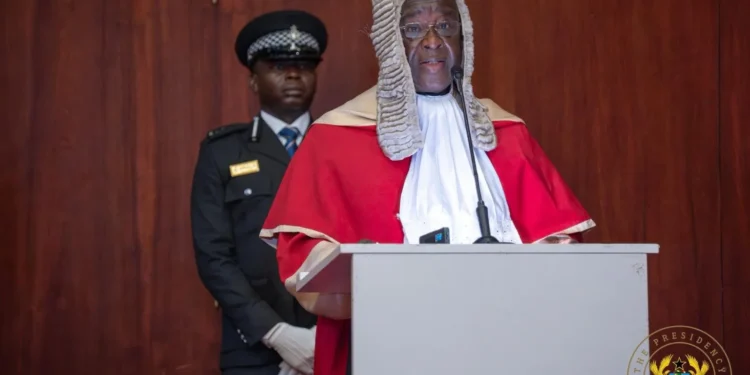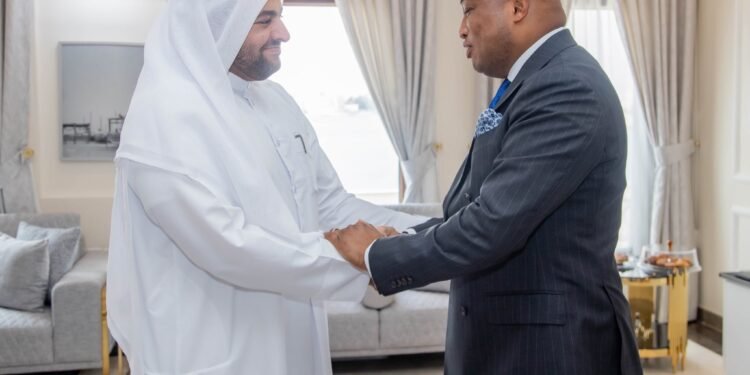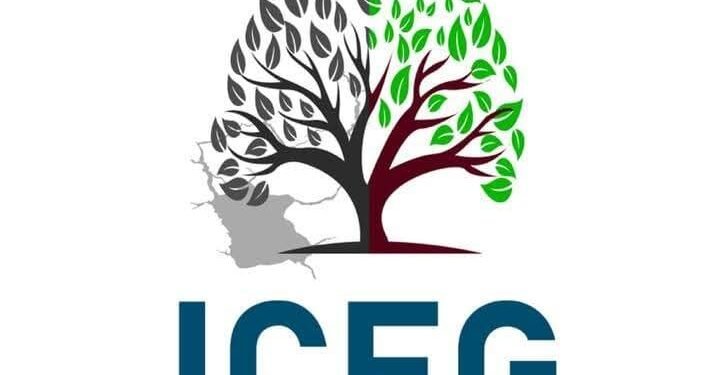In anticipation of Ghana’s forthcoming general elections, Hon. Elizabeth Ofosu-Adjare, the Member of Parliament representing Techiman North, has made a fervent appeal for a tranquil and orderly electoral process.
Speaking at the just-ended conference of the Christian Mothers Association at Akrofrom in the Techiman North District of the Bono East region, the legislature explained that violence and unrest have no place in a healthy democracy. With tensions often running high during such crucial periods, her call for peace resonates as a vital reminder of the significance of democratic values in the country.
“As leaders, we have a responsibility to set the right example and ensure our constituents understand that elections are not won through force or intimidation. History has shown time and again that violence only breeds more violence, and it is the people who suffer in the end.”
Hon. Elizabeth Ofosu-Adjare, the Member of Parliament, Techiman North
Hon. Elizabeth Ofosu-Adjare emphasized the necessity of conducting the elections with civility and respect for the rule of law. She stressed that the democratic exercise should serve as a beacon of unity rather than division, urging all stakeholders to prioritize national cohesion above personal or partisan interests.
As Ghana prepares to choose its leaders for the next term, concerns over electoral violence and malpractice loom large. Recent history has seen instances of unrest and disputes following closely contested elections, underscoring the critical need for preemptive measures to ensure a smooth and peaceful transition of power.
The MP’s plea for calm echoes similar sentiments expressed by civil society organizations, electoral observers, and international partners, all of whom have underscored the importance of upholding democratic norms and fostering an environment conducive to free and fair elections.
Threats to Peaceful Elections
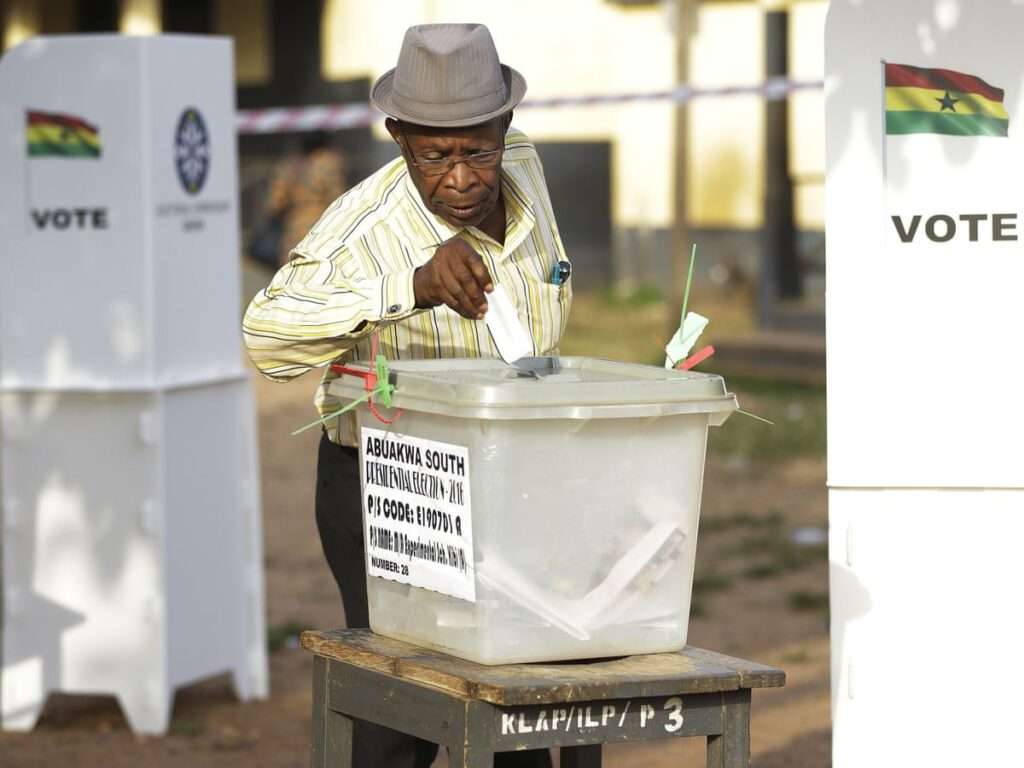
The election process in Ghana has been marked by both peaceful transitions and instances of electoral disruptions, influenced by various factors. These factors include ethnoreligious cleavages, threats to democracy, and the rise in impunity among political figures, which have contributed to electoral violence and instability.
The West Africa Early Warning Outlook 2024 report highlights that disagreements over electoral processes, ethno-religious factors, and allegations of abuse of power pose significant threats to Ghana’s democratic stability. These concerns are driven by prolonged tensions and occasional violence during electoral periods, such as the 2020 elections, which saw several violent incidents leading to fatalities.
Hon. Elizabeth Ofosu-Adjare said, “The foundation of our democracy rests upon the peaceful conduct of elections. It is imperative that we embrace dialogue and uphold the principles of fairness and transparency throughout the electoral process.”
Ghana’s electoral system, based on a first-past-the-post and winner-takes-all system, has contributed to fierce and distinctly competitive politics. This system excludes losing parties and candidates from access to state resources and decision-making processes, increasing the potential for distrust, tensions, and violence.
Hon. Elizabeth Ofosu-Adjare noted that high levels of unemployment, particularly among the youth, have been identified as a main challenge to Ghana’s development. These economic issues have been prominent in the run-up to elections, contributing to social tensions and potentially leading to electoral violence.
The surge and use of political vigilante groups in electoral and political activities pose a significant threat to Ghana’s democracy, peace, and stability. These groups engage in verbal and physical assaults, destruction of properties, and removal of electoral materials, contributing to the intensity of electoral violence.
The election process in Ghana has been influenced by a complex interplay of ethnoreligious tensions, political impunity, a winner-takes-all electoral system, economic challenges like unemployment, and the rise of political vigilantism. These factors have contributed to electoral disruptions and violence, posing significant challenges to the country’s democratic stability.
Hon. Elizabeth Ofosu-Adjare reiterated her commitment to working towards a peaceful electoral process in Techiman North and beyond. She called upon her fellow political leaders to lead by example, demonstrating a commitment to dialogue, tolerance, and respect for democratic institutions.
As Ghana braces itself for the upcoming polls, the message of peace emanating from Techiman North serves as a timely reminder of the nation’s collective responsibility to safeguard its democratic heritage and uphold the principles of peaceful coexistence.
READ ALSO: Journalists Urged to Demand Accountability Ahead of Ghana’s Upcoming Election

